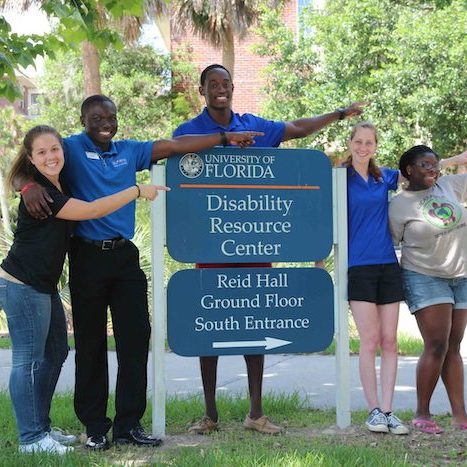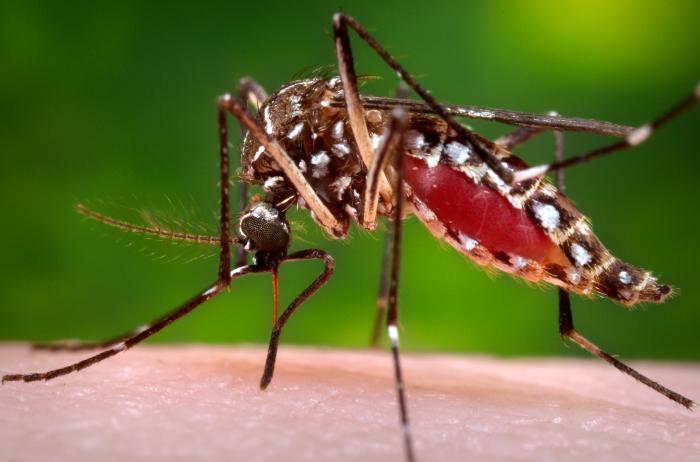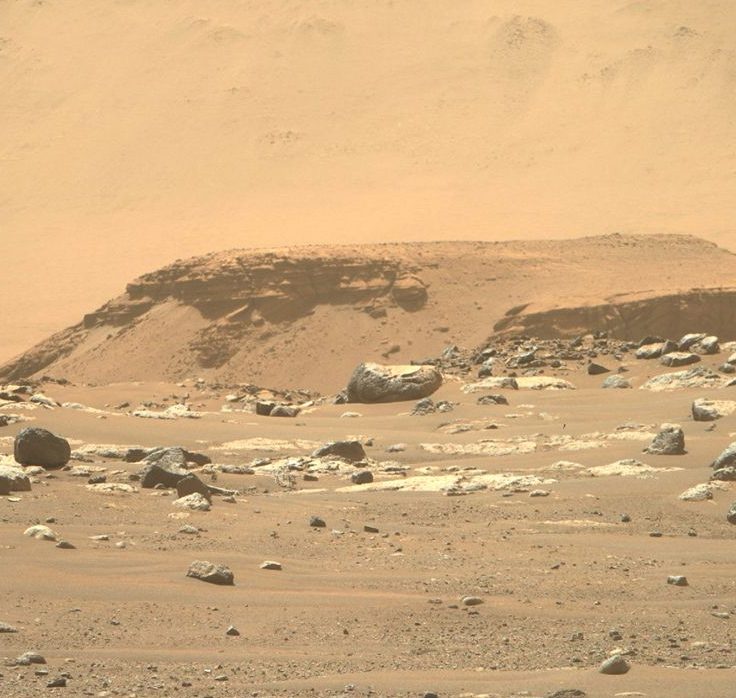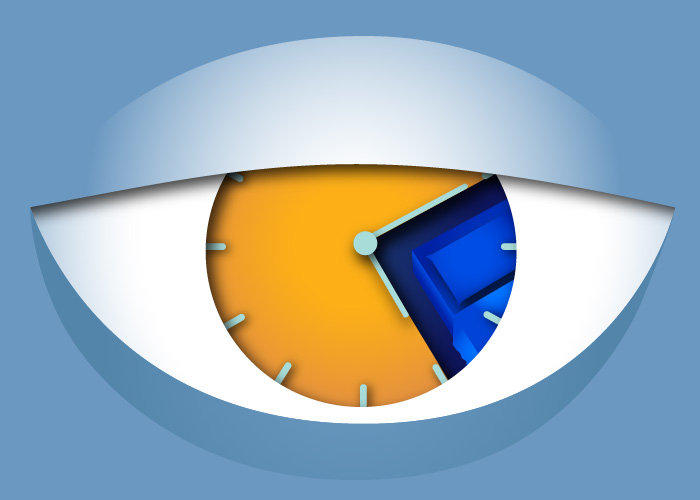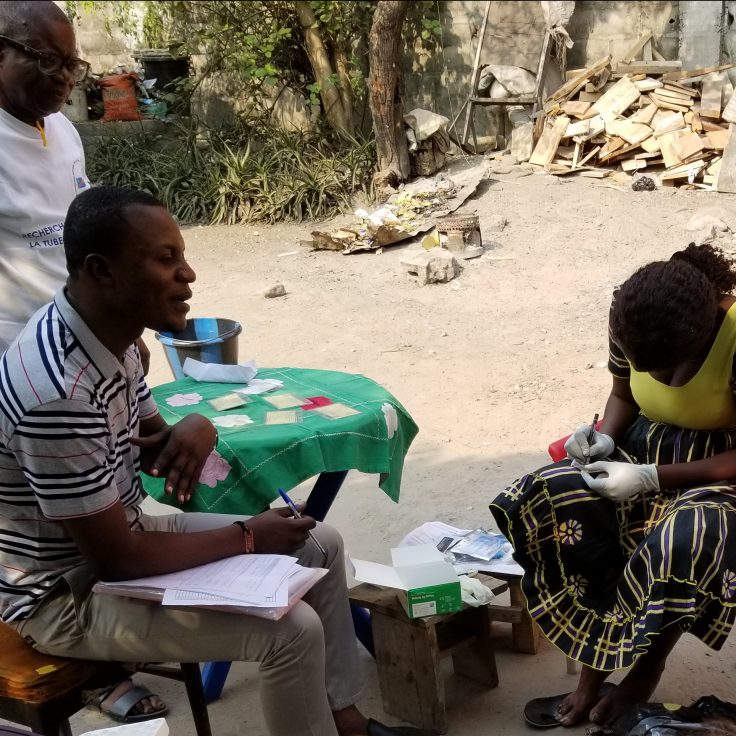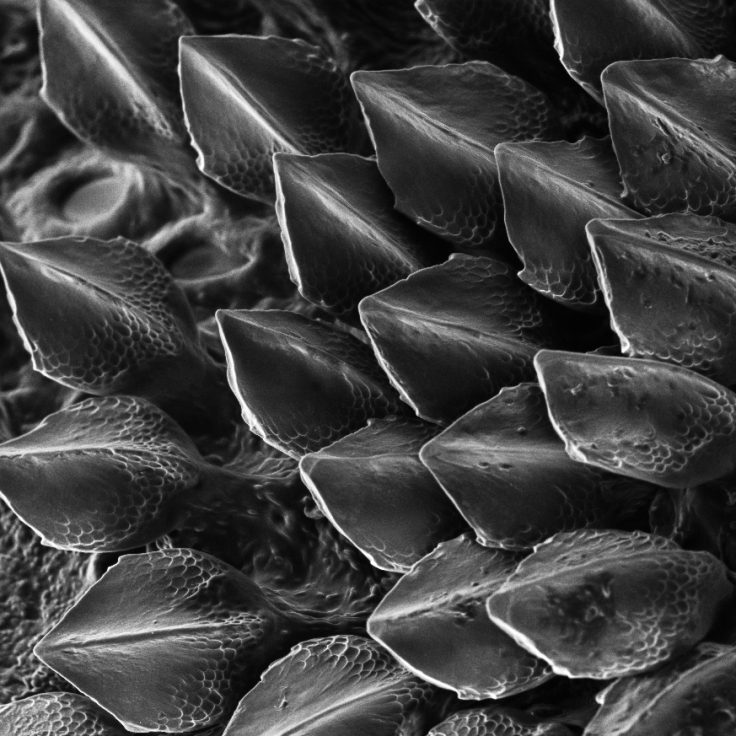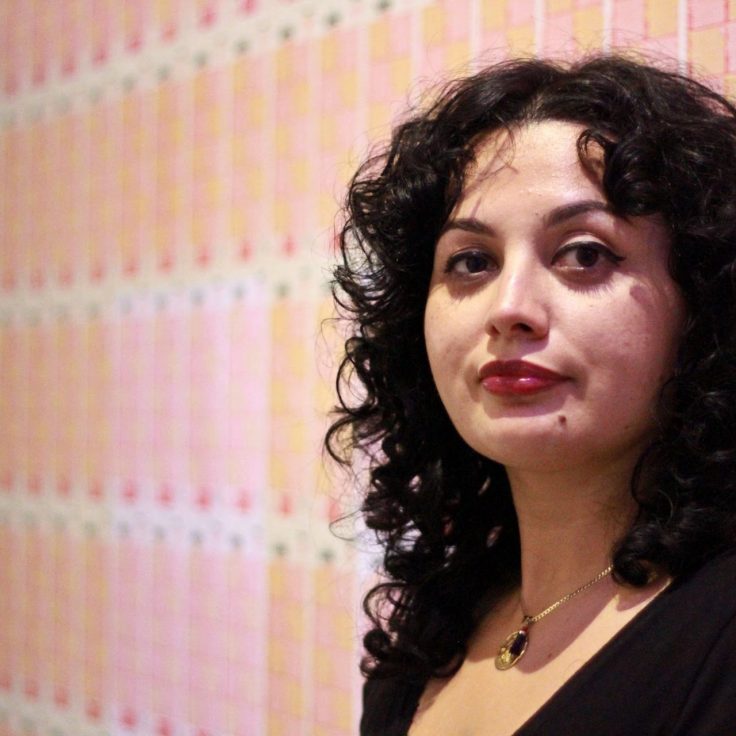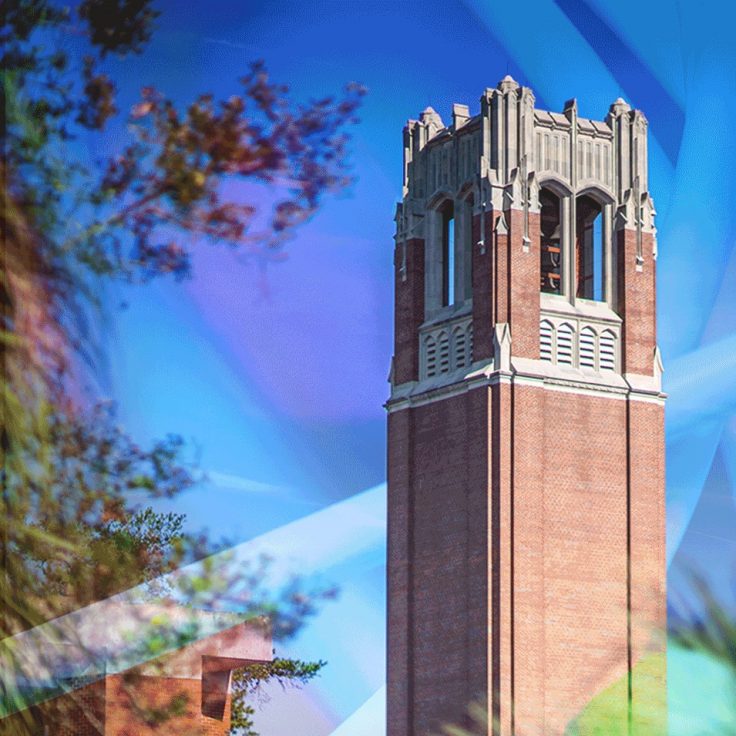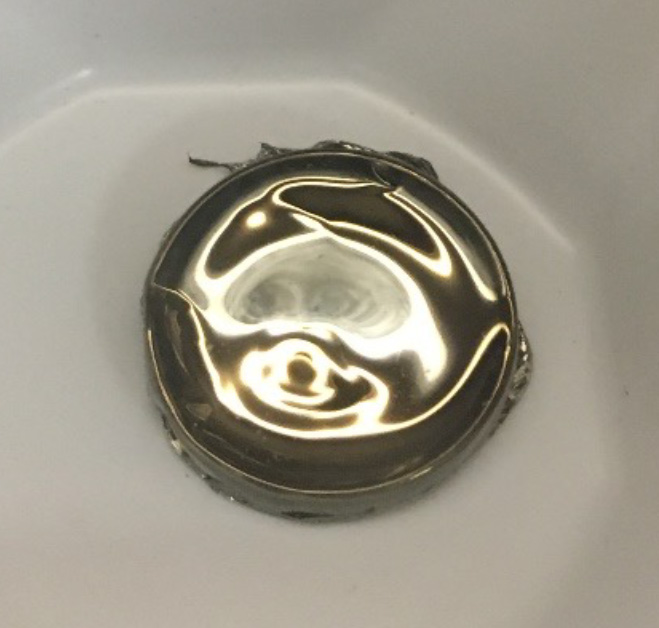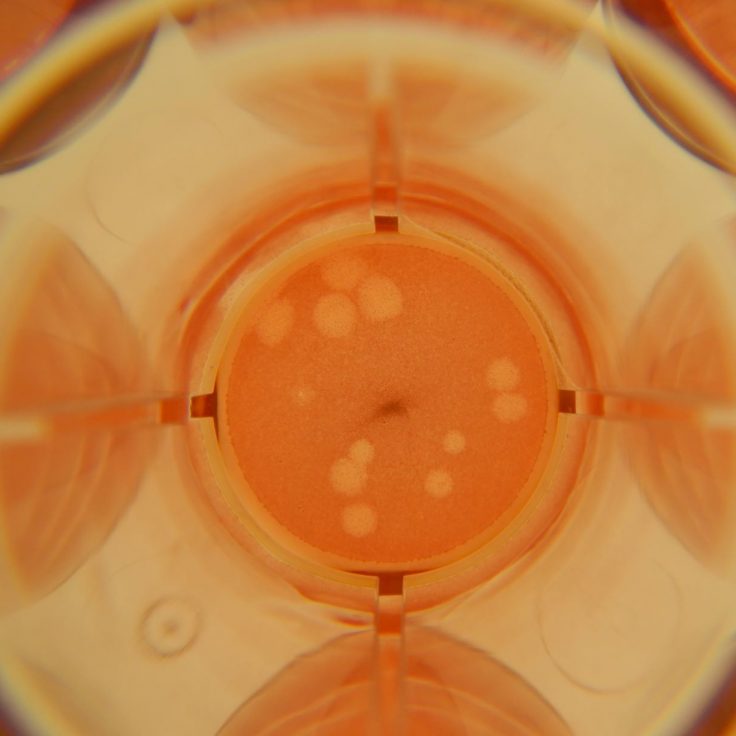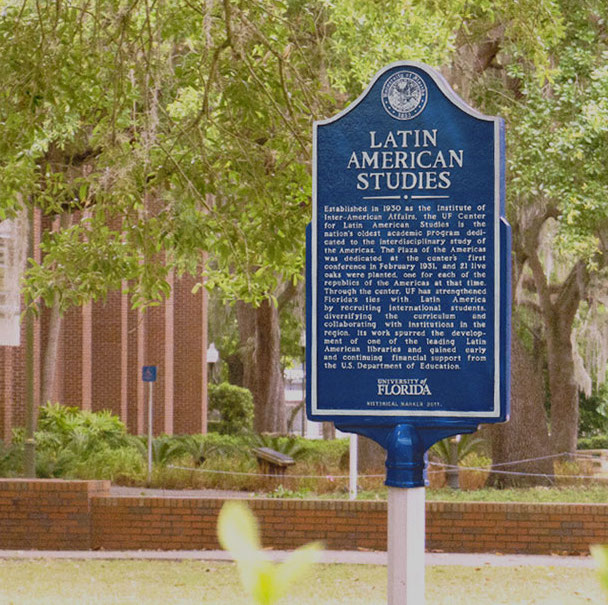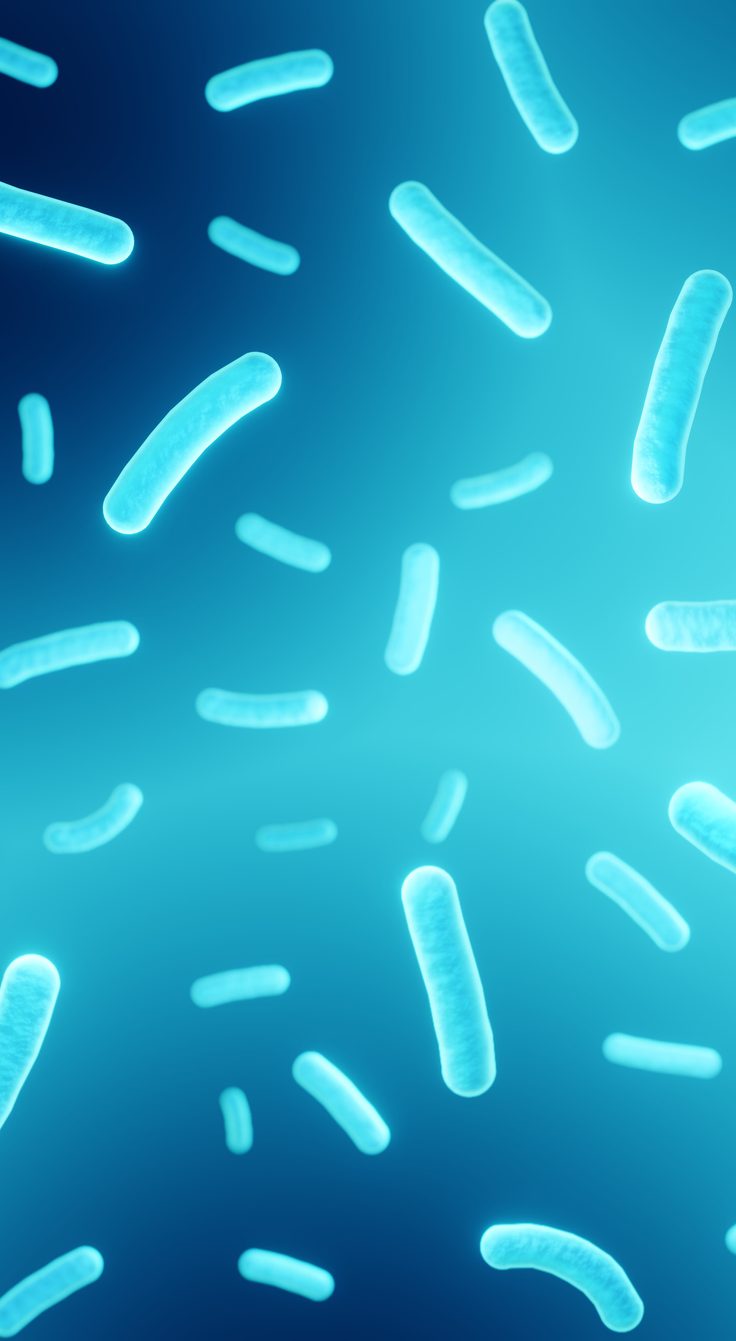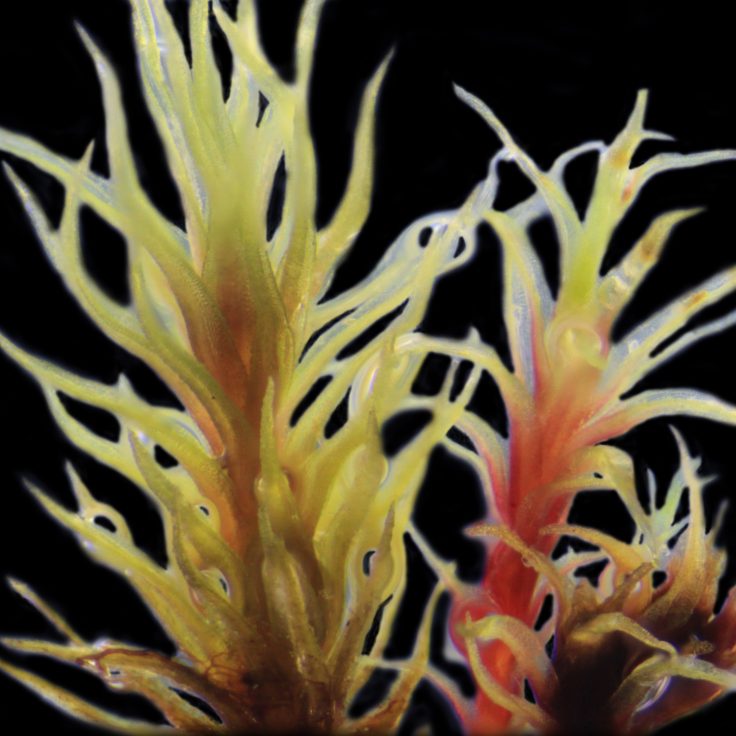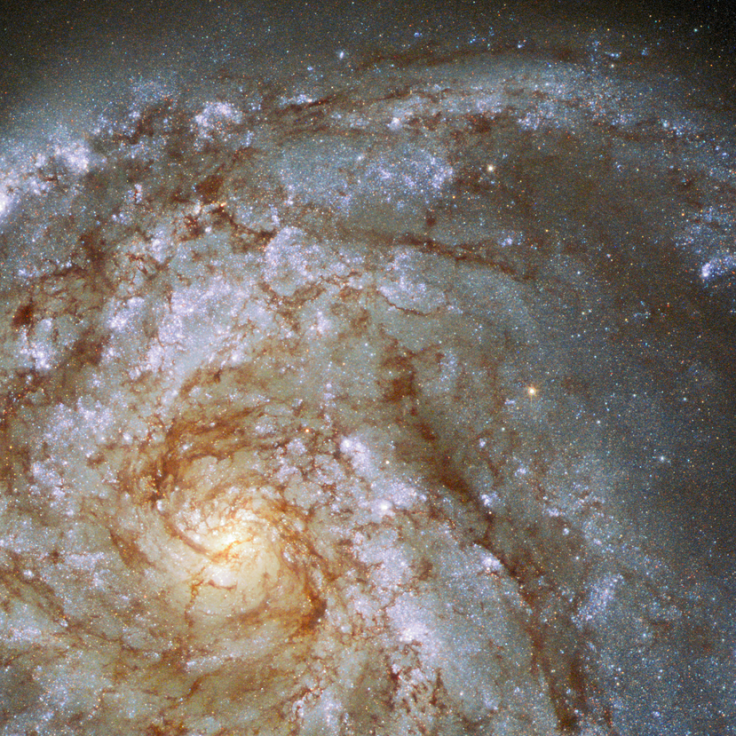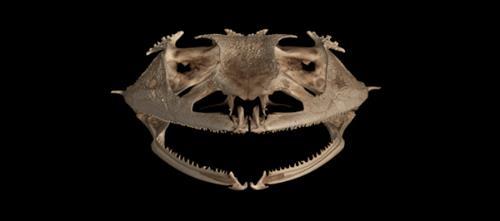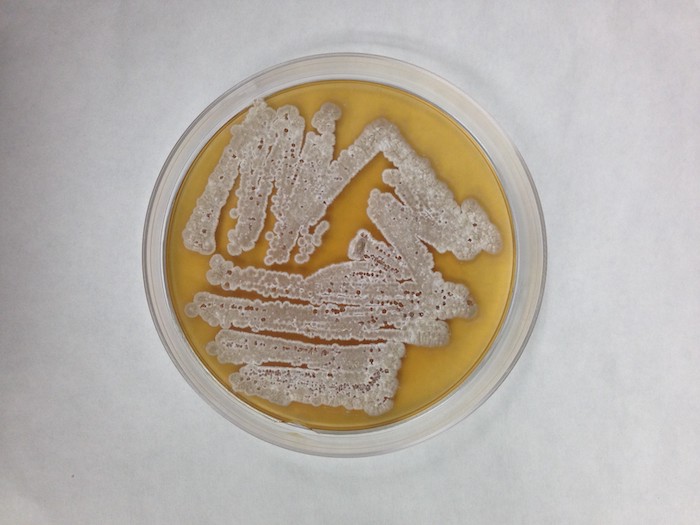Research News
Calls for Disability Rights Shape More Accessible Future at UF
Steven Noll, history master lecturer, shares his insights about accessibility and UF's Disability Resource Center.
Can Bacteria-Infected Mosquitos Suppress Dengue Virus?
Derek Cummings, professor of biology, studies whether mosquitos intentionally infected with a bacteria could help break the transmission cycle of certain viral diseases.
Mars rover images help UF scientist, NASA team narrow the search for ancient life
As a member of the team behind NASA's Perseverance rover, geology professor Amy Williams searches for signs of long-gone life on the red planet.
UF Team Joins National Study of Brain Development in Infants, Children
Professor Lisa Scott of the Department of Psychology is part of a team making UF "one of the premier sites for examining early infant and child neural development."
Why Do We Rebel Against Bedtime?
Psychology doctoral student Yijun Lin explains the phenomenon of bedtime procrastination — and how to fix it.
UF-led Study Explores Differences in COVID-19 Severity Internationally
Sadie Ryan, associate professor of medical geography, participated in a study evaluating why some countries are hit harder than others by the virus.
Building Ethics Into Artificial Intelligence Systems
Philosophy professor Duncan Purves weighs the ethical questions that emerge as algorithms increasingly shape the world around us.
UF Biologist Receives NSF Grant to Investigate Shark ‘Skin Teeth’
A collaborative grant will delve into the mysteries of shark skin to inform future design applications.
Prof. Jillian Hernandez Named Getty Residential Scholar
Associate Professor Jillian Hernandez will take residence and participate in the intellectual life of the Getty Center.
College of Liberal Arts and Sciences Faculty Earn $39.6 Million for Research
In fiscal year 2021, the college brought in substantial funding for important research, despite the significant challenges presented by the COVID-19 pandemic.
A Silvery Film is Opening New Possibilities for Flexible Electronics
UF chemists' efficient process for synthesizing this semiconducting polymer could be a game-changer.
Using CRISPR, UF Team Identifies Targets for COVID-19 Antiviral Therapies
Research assistant professor Michael Norris and biological scientist Andrew P. Bluhm of the College of Liberal Arts and Sciences worked to identify dozens of novel therapeutic targets.
NSF Awards $1 Million to Study Sustainable Indigenous Practices
Faculty from the Department of Geography and the Center for Latin American Studies are among a multidisciplinary team of researchers awarded by the National Science Foundation to study the Ecuadorian Amazon.
Gut Microbial Health Could be the Key to Health Disparities
A UF infectious disease expert and mathematics professor calls for research into connections between the gut microbiome and health inequities.
This Moss’s Huge, 300 Million-Year-Old Sex Chromosomes Offer Clues About Our Own
New research into the genome of fire moss has biologists rethinking assumptions about the development of human sex chromosomes.
Untangling Drivers of Dengue in Thailand
New work by a UF biologist uses mobility data and genetic sequencing to reconstruct how dengue viruses circulate within Thailand.
A Look Back at the Emerging Pathogens Institute’s COVID-19 Projects
Faculty from the College of Liberal Arts and Sciences were key contributors to campus-wide COVID-19 research efforts.
What is Deforming This Spiral Galaxy?
A spiral galaxy 120 million light-years away is looking a bit cockeyed.
Taking a bite out of frog tooth evolution: They’ve lost teeth more than 20 times
A UF biology student led the first comprehensive study of tooth evolution in frogs.
Buried Treasure: How a Bit of Soil Led to a Rare Discovery for Microbial Chemistry
Researchers from the Whitney Lab and the Department of Chemistry identified a new molecule that could have medicinal purposes.
